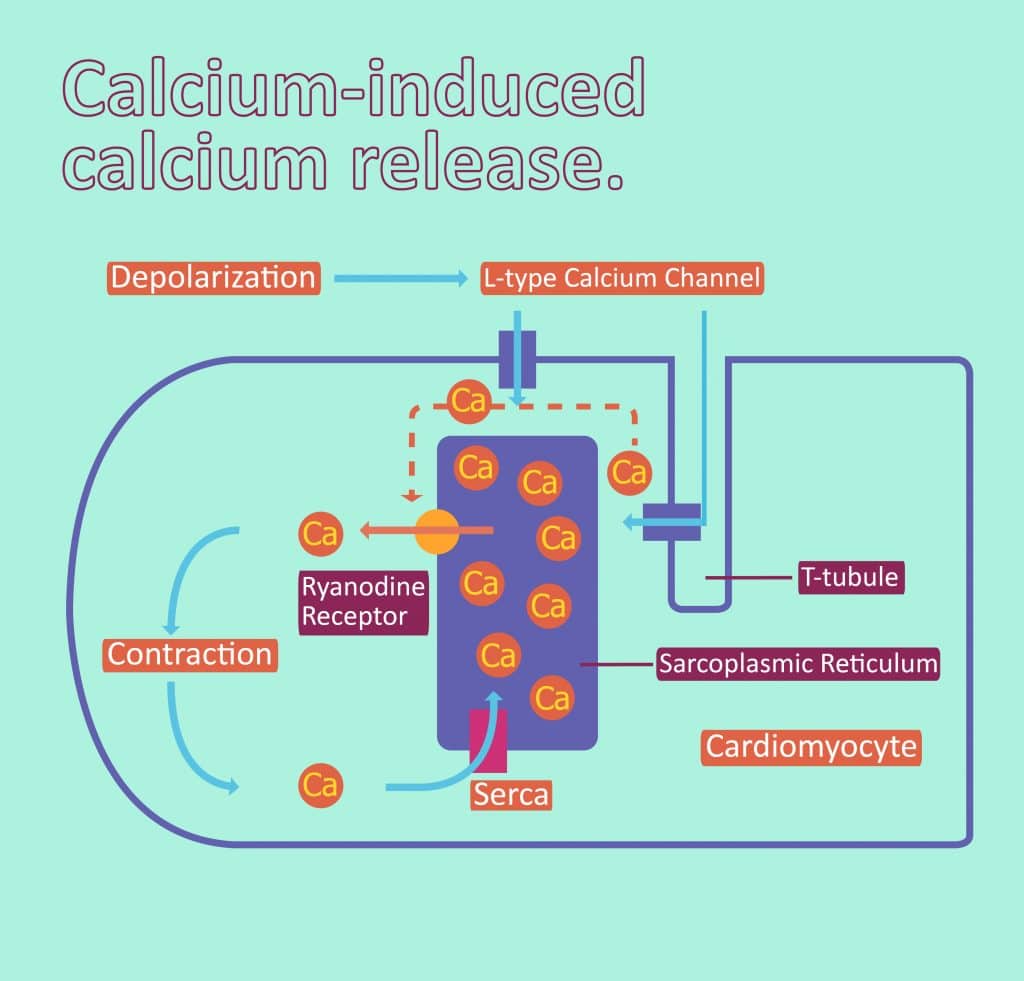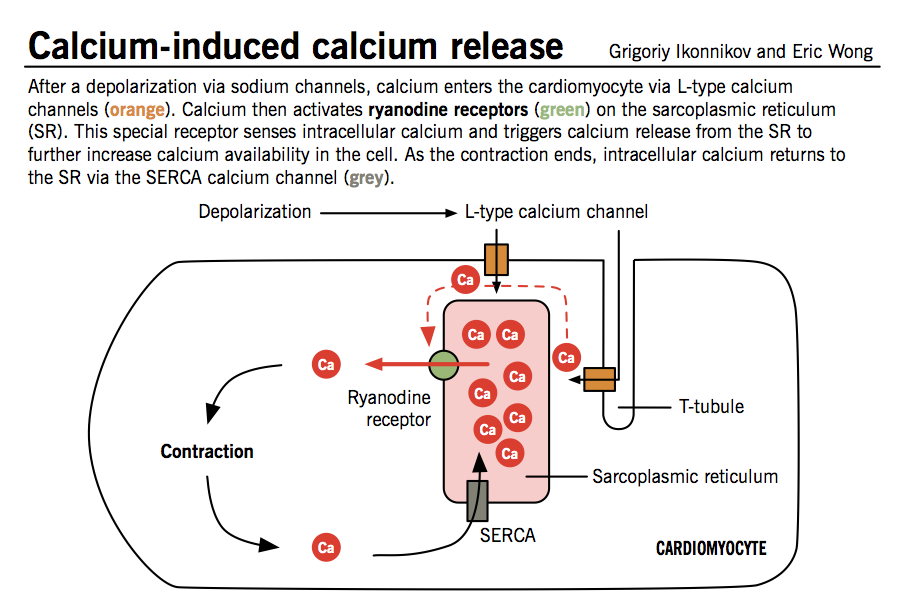Calcium And Cardiac Arrest - Our results show that calcium administration during cardiac arrest was associated with no benefit (rr > 1.00) for rosc. To perform a systematic review of administration of calcium compared to no calcium during cardiac arrest. Our results show that calcium administration during cardiac arrest was associated with no benefit (rr > 1.00) for rosc or survival at one. Calcium (ca) is an essential cation for the myocardial action potential and excitation/contraction coupling of cardiac. The randomised controlled and observational studies showed that routine calcium administration during cardiac arrest did not.
Our results show that calcium administration during cardiac arrest was associated with no benefit (rr > 1.00) for rosc or survival at one. The randomised controlled and observational studies showed that routine calcium administration during cardiac arrest did not. To perform a systematic review of administration of calcium compared to no calcium during cardiac arrest. Our results show that calcium administration during cardiac arrest was associated with no benefit (rr > 1.00) for rosc. Calcium (ca) is an essential cation for the myocardial action potential and excitation/contraction coupling of cardiac.
Calcium (ca) is an essential cation for the myocardial action potential and excitation/contraction coupling of cardiac. Our results show that calcium administration during cardiac arrest was associated with no benefit (rr > 1.00) for rosc or survival at one. Our results show that calcium administration during cardiac arrest was associated with no benefit (rr > 1.00) for rosc. To perform a systematic review of administration of calcium compared to no calcium during cardiac arrest. The randomised controlled and observational studies showed that routine calcium administration during cardiac arrest did not.
Cardiac arrest causes a burst of calcium wave in brain. a Schematic
To perform a systematic review of administration of calcium compared to no calcium during cardiac arrest. Our results show that calcium administration during cardiac arrest was associated with no benefit (rr > 1.00) for rosc or survival at one. Calcium (ca) is an essential cation for the myocardial action potential and excitation/contraction coupling of cardiac. The randomised controlled and observational.
Calcium Force Frequency Relationships after cardiac arrest Download
The randomised controlled and observational studies showed that routine calcium administration during cardiac arrest did not. To perform a systematic review of administration of calcium compared to no calcium during cardiac arrest. Calcium (ca) is an essential cation for the myocardial action potential and excitation/contraction coupling of cardiac. Our results show that calcium administration during cardiac arrest was associated with.
Cardiac arrest causes a burst of calcium wave in brain. a Schematic
Calcium (ca) is an essential cation for the myocardial action potential and excitation/contraction coupling of cardiac. To perform a systematic review of administration of calcium compared to no calcium during cardiac arrest. Our results show that calcium administration during cardiac arrest was associated with no benefit (rr > 1.00) for rosc. Our results show that calcium administration during cardiac arrest.
Cardiac calcium memory after cardiac arrest Download Scientific Diagram
Our results show that calcium administration during cardiac arrest was associated with no benefit (rr > 1.00) for rosc or survival at one. Our results show that calcium administration during cardiac arrest was associated with no benefit (rr > 1.00) for rosc. To perform a systematic review of administration of calcium compared to no calcium during cardiac arrest. Calcium (ca).
Calcium Force Frequency Relationships after cardiac arrest Download
Our results show that calcium administration during cardiac arrest was associated with no benefit (rr > 1.00) for rosc. The randomised controlled and observational studies showed that routine calcium administration during cardiac arrest did not. Our results show that calcium administration during cardiac arrest was associated with no benefit (rr > 1.00) for rosc or survival at one. To perform.
Calcium in OutofHospital Cardiac Arrest NAEMSP
Our results show that calcium administration during cardiac arrest was associated with no benefit (rr > 1.00) for rosc or survival at one. Calcium (ca) is an essential cation for the myocardial action potential and excitation/contraction coupling of cardiac. The randomised controlled and observational studies showed that routine calcium administration during cardiac arrest did not. To perform a systematic review.
The Role of Calcium in the Human Heart With Great Power Comes Great
The randomised controlled and observational studies showed that routine calcium administration during cardiac arrest did not. Calcium (ca) is an essential cation for the myocardial action potential and excitation/contraction coupling of cardiac. To perform a systematic review of administration of calcium compared to no calcium during cardiac arrest. Our results show that calcium administration during cardiac arrest was associated with.
Contraction of Cardiac Muscle Pathway of Contraction TeachMePhysiology
The randomised controlled and observational studies showed that routine calcium administration during cardiac arrest did not. Our results show that calcium administration during cardiac arrest was associated with no benefit (rr > 1.00) for rosc or survival at one. To perform a systematic review of administration of calcium compared to no calcium during cardiac arrest. Calcium (ca) is an essential.
Calcium Signaling and Cardiac Arrhythmias Circulation Research
The randomised controlled and observational studies showed that routine calcium administration during cardiac arrest did not. To perform a systematic review of administration of calcium compared to no calcium during cardiac arrest. Calcium (ca) is an essential cation for the myocardial action potential and excitation/contraction coupling of cardiac. Our results show that calcium administration during cardiac arrest was associated with.
Physiology of cardiac conduction and contractility McMaster
The randomised controlled and observational studies showed that routine calcium administration during cardiac arrest did not. Calcium (ca) is an essential cation for the myocardial action potential and excitation/contraction coupling of cardiac. To perform a systematic review of administration of calcium compared to no calcium during cardiac arrest. Our results show that calcium administration during cardiac arrest was associated with.
The Randomised Controlled And Observational Studies Showed That Routine Calcium Administration During Cardiac Arrest Did Not.
Our results show that calcium administration during cardiac arrest was associated with no benefit (rr > 1.00) for rosc. Calcium (ca) is an essential cation for the myocardial action potential and excitation/contraction coupling of cardiac. To perform a systematic review of administration of calcium compared to no calcium during cardiac arrest. Our results show that calcium administration during cardiac arrest was associated with no benefit (rr > 1.00) for rosc or survival at one.









